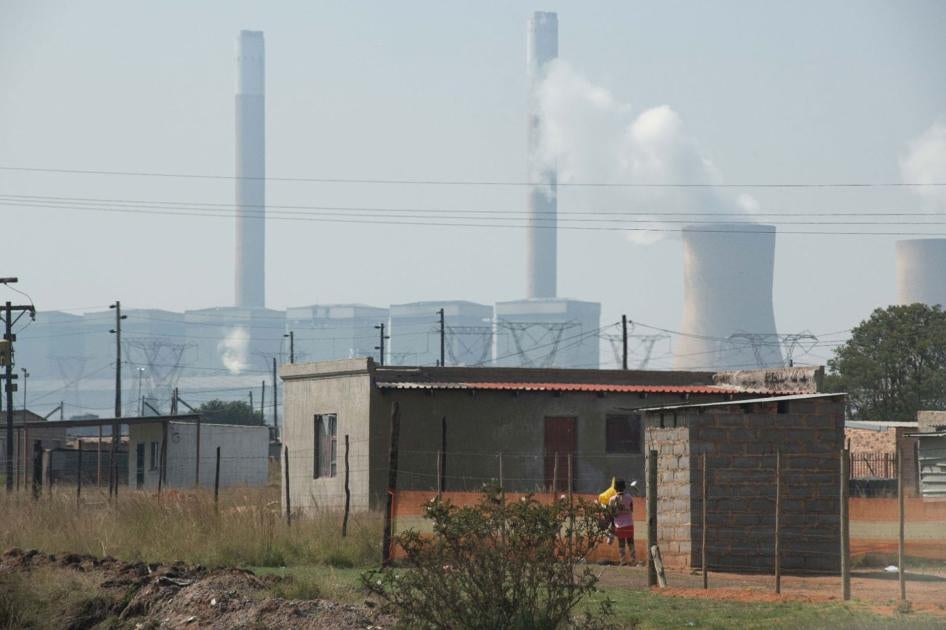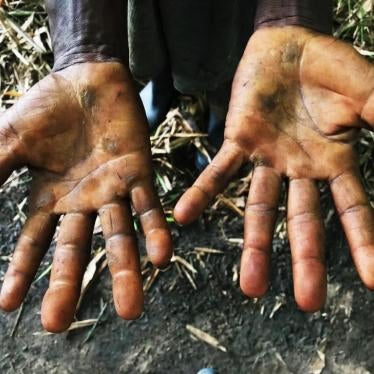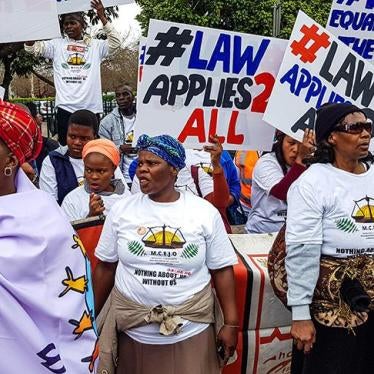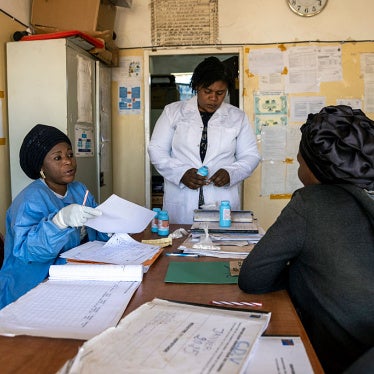When you approach the town of Secunda in the coal-rich province of Mpumalanga in eastern South Africa, the toxic smell of air emanating from the cluster of coal-fired power stations hits you long-before before you see the town. I spent last week in Mpumalanga, hearing from residents about the burdens they say result from the coal industry: from asthma and respiratory illnesses to the risk of drowning in unrehabilitated coal mines.
The negative health impacts of coal, and air pollution specifically, form the basis of the “Deadly Air” case, a legal challenge by two South African environmental justice organizations – groundWork and Vukani Environmental Movement (VEM) – which will be heard in the Pretoria High Court from May 17 to 19. They argue that, by failing to improve Mpumalanga’s air quality, the South African government has violated communities’ constitutional right to a healthy environment.
To support their case, the organizations cite a 2017 study, commissioned by groundWork, that estimated 2,239 human deaths per year could be attributable to coal-related air pollution in South Africa, as well as more than 9,500 cases of bronchitis among children 6 to 12. They want the government to better implement a 2012 plan to improve air quality in Mpumalanga, including through regulations targeting large polluters in the coal industry.
The Deadly Air case comes as South Africa prepares to submit its latest draft Nationally Determined Contribution (NDC), the country’s pledge to reduce greenhouse gas emissions and meet the goals of the Paris Climate Agreement. Any meaningful commitment will entail South Africa taking tangible steps to move away from its coal dependency – South Africa’s coal reliance places it in the top 15 worldwide largest emitters of greenhouse gases, and makes it one of the most carbon-intensive economies in the G20.
South African environmental justice groups hope a favorable ruling in the case will compel the government and coal industry to reckon with its devastating health impacts and accelerate the transition to a low-carbon economy. Only then will Mpumalanga’s residents be able to breathe clean air and have sustainable and clean jobs that simultaneously contribute to addressing the climate crisis.









